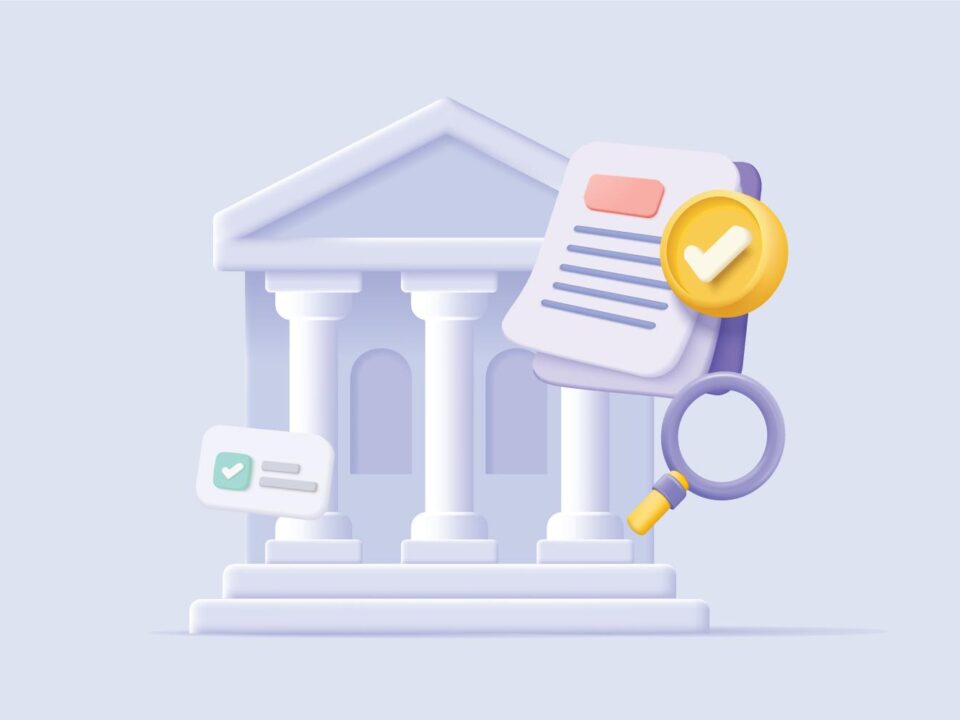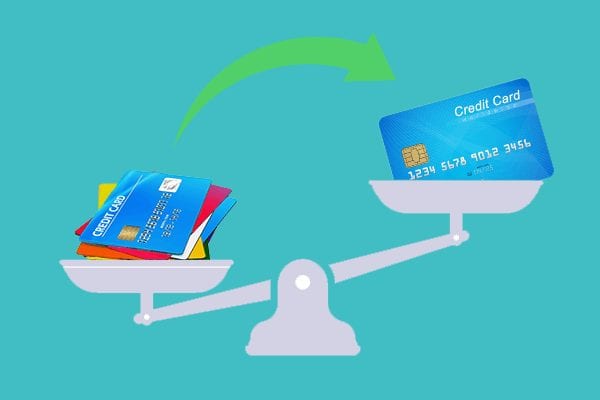Structured settlements are a financial arrangement often awarded in personal injury lawsuits, wrongful death cases, or insurance claims. Instead of receiving a lump sum, the claimant receives guaranteed periodic payments over a fixed duration. While this can ensure stable long-term income, it may not always meet urgent financial needs. This is where structured settlement loans—commonly referred to as cash advances or buyouts—come into play. This guide provides a detailed explanation of what structured settlement loans are, how they work, their advantages and drawbacks, and what individuals should consider before pursuing one.
What Is a Structured Settlement Loan?
A structured settlement loan is not technically a loan in the traditional sense. Instead, it is a cash advance against your future settlement payments.
Here’s how it typically works:
- You agree to give up a portion or all of your future structured settlement payments.
- In exchange, a funding company provides you with a lump sum of cash today.
- The company profits by receiving your future payments, which are often worth more than what you get upfront.
Because structured settlements are considered guaranteed income, funding companies can estimate their future value with relatively low risk.
Why People Seek Structured Settlement Loans
Structured settlement recipients often look for an advance when they experience financial hardship or require an urgent infusion of cash. Common reasons include:
- Paying off medical bills or unexpected health expenses
- Settling high-interest debt such as credit cards or payday loans
- Covering mortgage or rent to avoid foreclosure or eviction
- Funding education costs or tuition payments
- Starting a new business or investment opportunity
- Managing life events like divorce, relocation, or emergencies
Essentially, individuals seek structured settlement loans when current financial needs outweigh the benefits of receiving smaller, long-term payments.
How Do Structured Settlement Loans Work?
The process of securing a structured settlement loan generally involves several steps:
- Application – You submit details about your settlement, payment schedule, and financial needs to a funding company.
- Evaluation – The company evaluates the future value of your payments, taking into account the payment timeline, guarantee, and discount rate.
- Offer – You receive a cash offer that is usually less than the total future payout.
- Court Approval – In most U.S. states, the transaction requires a judge’s approval to ensure it serves the best interest of the seller.
- Funding – Once approved, you receive the lump sum in your bank account, typically within a few weeks.
It’s important to note that due to federal and state regulations, court approval is necessary to protect settlement holders from predatory practices.
Pros of Structured Settlement Loans
Structured settlement loans can provide several benefits depending on the individual’s situation:
- Immediate access to cash – Useful for emergencies or large expenses.
- Debt relief – Can help pay off high-interest loans and avoid bankruptcy.
- Flexibility – Allows settlement recipients to access funds on their own terms.
- Investment opportunities – Some individuals use the cash for business, real estate, or investments to grow wealth.
- Financial independence – Gives recipients control rather than relying on fixed payments.
Cons of Structured Settlement Loans
While appealing, structured settlement loans come with significant drawbacks:
- Reduced future income – By selling payments, you may sacrifice long-term financial stability.
- High discount rates – Companies often pay far less than the total future value of the settlement.
- Legal restrictions – Court approval may delay the process or even reject the sale if deemed not in your best interest.
- Fees and costs – Loan contracts may include administrative fees, legal costs, and other hidden charges.
- Potential regret – Some recipients regret giving up guaranteed tax-free payments for a smaller, taxable lump sum.
Before proceeding, it’s vital to weigh both sides and consult financial advisors or attorneys.
Structured Settlement Loans vs. Traditional Loans
It’s easy to confuse structured settlement loans with traditional loans, but they are not the same. Let’s compare them:
| Feature | Structured Settlement Loan | Traditional Loan |
| Collateral | Future settlement payments | Credit history, income, property |
| Repayment Obligation | None (you sell your payments permanently) | Borrower must repay principal + interest |
| Approval Process | Requires court approval | Bank or lender approval |
| Impact on Credit Score | None | Payment history directly affects credit |
| Funding Speed | Weeks to months (court approval needed) | Often quick (days to weeks) |
| Long-term Result | Loss of future payments | Debt repaid over time |
How Much Money Can You Get?
The amount you can receive as a structured settlement loan depends on:
- The total value of your settlement
- The length of time scheduled for payment
- The discount rate applied by the funding company
- Legal fees and transaction costs
For example, if your settlement is worth $100,000 over 10 years, you may only receive $50,000–$70,000 upfront depending on the terms. The longer the payment schedule, the higher the discount.
Tax Implications
Structured settlement payments are generally tax-free under U.S. law. However, when you sell your payments for a lump sum, some states and situations may expose part of the proceeds to taxes. It is crucial to discuss this with a tax professional or financial advisor before finalizing the sale.
Regulations and Consumer Protections
Structured settlement loans are governed by both federal and state laws. Key protections include:
- State Structured Settlement Protection Acts (SSPAs) – Require court approval to ensure fair and transparent transactions.
- Federal Tax Rules – Ensure original settlement payments remain tax-free if handled correctly.
- Judicial Oversight – Judges must review each case to confirm the sale is in the seller’s best interest.
These protections aim to reduce predatory practices by companies that may otherwise exploit settlement holders.
Alternatives to Structured Settlement Loans
Before opting for a structured settlement loan, consider alternatives that might preserve your future payments:
- Bank Loans or Credit Lines – May offer lower interest without sacrificing settlement payments.
- Borrowing from Family or Friends – Could be less costly if done responsibly.
- Debt Negotiation or Consolidation – Reduce what you owe before giving up long-term financial security.
- Partial Buyouts – Instead of selling your entire settlement, sell only a portion of the payments.
- Budgeting and Expense Management – Strengthen financial discipline to avoid selling future income.
Tips for Choosing the Right Funding Company
If you decide to move forward with a structured settlement loan, choosing the right company is critical. Here are key considerations:
- Research company reviews and reputation.
- Compare multiple offers to get the most cash for your payments.
- Understand the discount rate and all associated fees.
- Ask if partial buyouts are available.
- Ensure the company provides transparent contracts without hidden clauses.
- Seek legal or financial counsel before signing agreements.
Who Should Consider a Structured Settlement Loan?
A structured settlement loan may be a viable solution for individuals who:
- Face urgent medical or emergency expenses.
- Are drowning in high-interest debt they cannot otherwise repay.
- Have pressing housing or legal needs.
- Have investment opportunities they strongly believe will yield higher returns.
However, structured settlement loans may not be suitable for those with stable financial health, as they often sacrifice future stability for short-term relief.
Final Thoughts
Structured settlement loans can provide immediate financial relief but come at the expense of long-term guaranteed income. While they offer flexibility and quick access to funds, they are often costly and risky if not carefully weighed. Before pursuing such a loan, individuals should:
- Understand the true cost of selling future payments.
- Explore alternatives such as partial buyouts, bank credit, or debt consolidation.
- Seek professional legal and financial advice.
Making an informed decision can help balance present needs with future security, ensuring you don’t compromise long-term financial health for short-term convenience.




